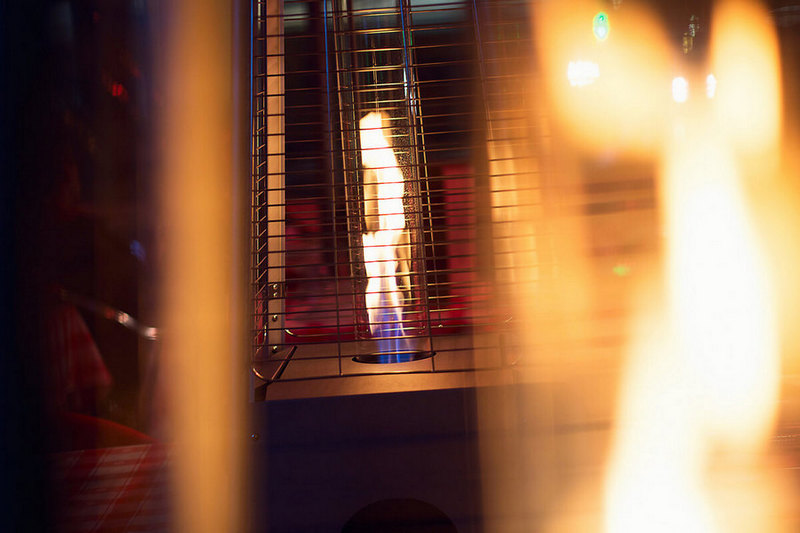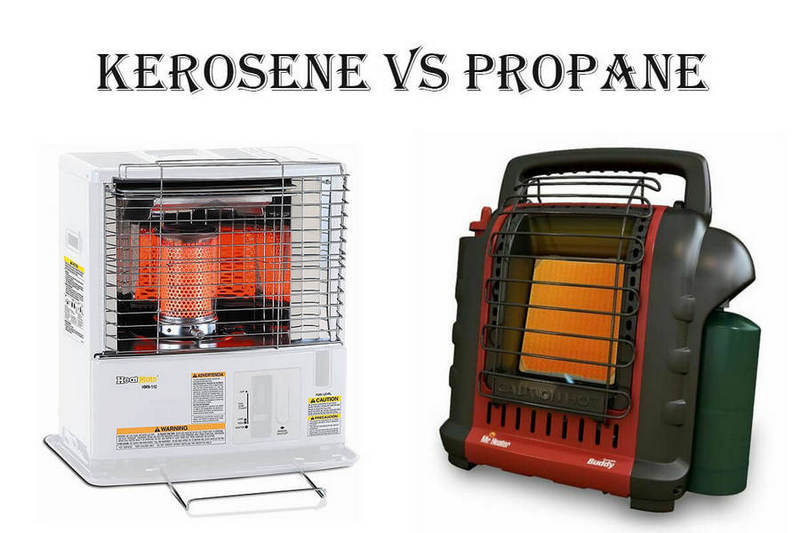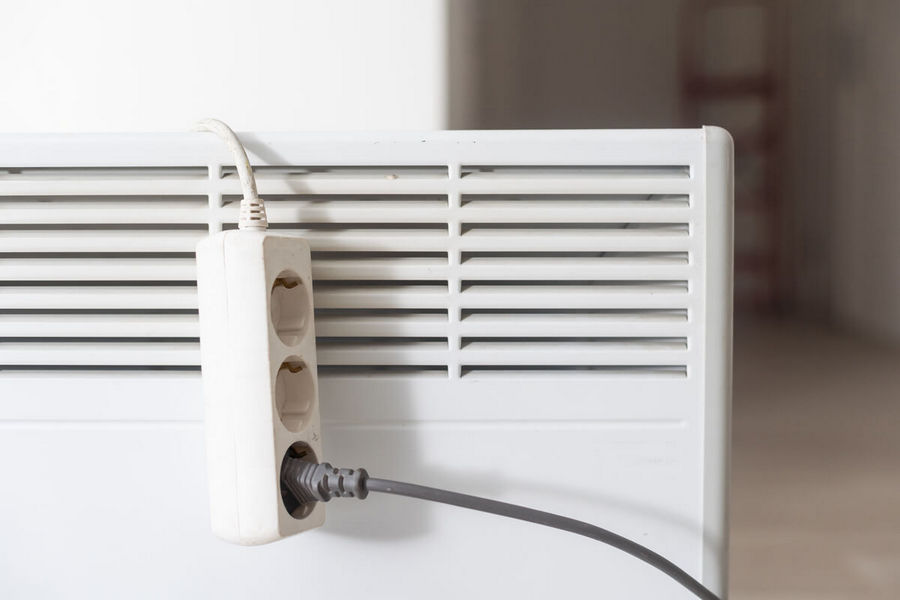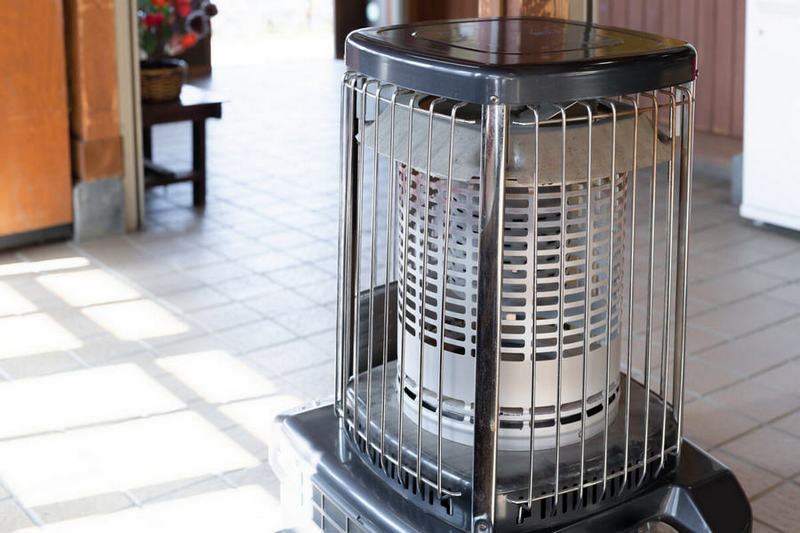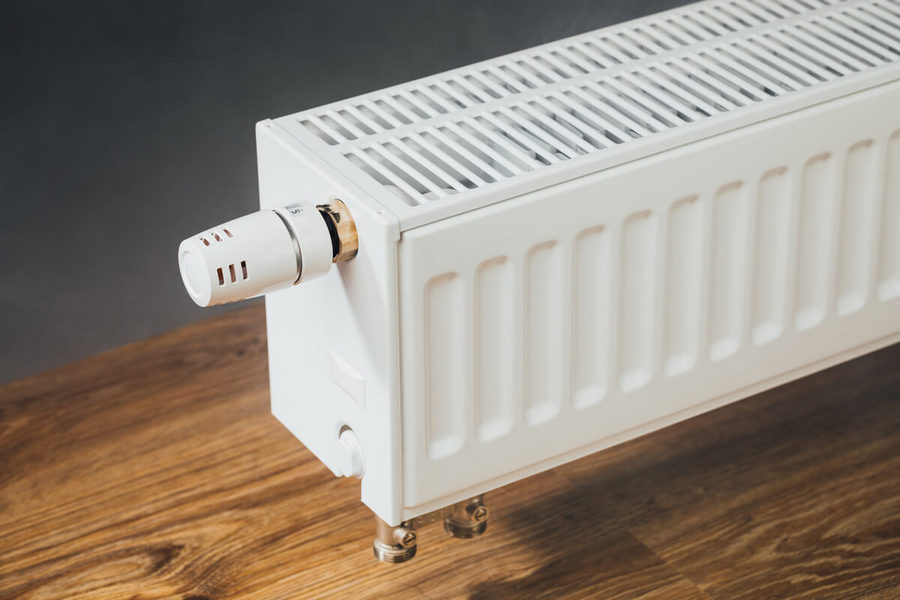It’s essential to invest in a reliable and safe outdoor heater if you love to hang out on the patio in winter with your friends. From free standing to tabletop and wall-mounted, you can find a variety of patio heaters in the market.
However, the real challenge is whether a patio heater is safe or not. And most importantly, how should you use it in garages and indoors.
Outdoor heaters are gaining popularity because of their portability and ability to warm outdoor seating areas and patios. Read along to learn how to use a patio heater outdoors and indoors without posing a serious health risk to your beloved family.
How Does a Patio Heater Work?
As we know, the heating systems are designed to heat an enclosed indoor area. Alternatively, a patio heater has an altogether different mechanism to warm a small open-air area.
Generally speaking, most patio heaters use a radiation process to transfer warmth and heat to nearby objects. For instance, when the heating element reaches a specific high temperature, it transmits heat via electromagnetic waves.
Alternatively, some patio heaters radiate heat using the convection process in which the electricity travels through the resistor. Then, the resistor converts the electric energy into heat, thus warming the surrounding area.
Read Also: Is Infrared Heater Better Than Ceramic?
In a nutshell, this heater warms a small or restricted outdoor area, so you have to sit closer to the unit to warm yourself.
Moreover, you can either buy a dome-shaped patio heater or a wall-mounted patio heater.
Is It Safe to Use a Patio Heater Indoors?
Since the primary purpose of all the heaters is the same, does that mean using an outdoor heater indoors is safe?
The short answer is yes, you can. However, you need to consider some safety measures to prevent any hazard or accident.
First, you should never leave the patio unattended. Next, you shouldn’t overload the breaker to minimize fire hazards due to short-circuiting.
Related: How Can You Prevent Your Space Heater Fuse from Blowing Out?
Similarly, you also need to ensure proper ventilation indoors to prevent carbon monoxide buildup while using a propane gas patio heater in your living room.
The good news is many advanced outdoor heaters include the safety features, such as automatic shut-off in case accidentally tips over. Furthermore, a patio heater automatically turns off if someone tries to tilt them while they are in use.
It’s important to place the patio heater on a flat surface since the heavyweight will cause the heater to fall over. You must never forget to close the propane tank’s valve when the patio heater isn’t in use.
Lastly, the doom and the burner of the patio heater can become extremely hot, reaching a temperature of up to 1600 F degrees. That’s why you should keep your kids and pets away from the unit.
What Types of Patio Heaters Can Be Used Indoors?
Most of the patio heaters use propane gas, while others use electric and natural gas.
Propane heaters are portable as you can detach the propane tank and transport the patio heater to another place.
Alternatively, you need proper installation for natural gas heaters, while an electric patio heater requires an electric outlet.
For example, the Briza infrared patio heater is an advanced electric heater with built-in safety features, a timer, and different heat levels. Moreover, you can use a remote control to adjust the heat levels at 900W, 1200W, or a maximum of 1500W. Luckily, you don’t have to worry about manually switching off the heater, as you can set the timer between one to nine hours.
The following types of portable heaters are available in the market, including:
- Freestanding – This patio heater consists of a pole, base, heating source, and heating reflector.
- Mounted – You can permanently install the mounted heaters on the walls to warm the patio.
- Tabletop – The tabletop heaters are relatively smaller in size, allowing you to place them on center tables.
- Infrared – It’s an energy-efficient heater that offers quick heating as soon as you switch the heater on.
Can You Use a Patio Heater in a Garage?
Most of the garages don’t have insulated walls, thus making them extremely cold during the winter season.
If you don’t have any choice, you can use a patio heater in your garage with the door open while working. However, it’s recommended to buy a wall or ceiling-mounted space heater to ensure your safety.
Related: Using Propane Heater in Garage
One of the primary reasons for not using a patio heater in the garage is the production of dangerous greenhouses gases by heaters, including:
- Carbon monoxide
- Nitrogen dioxide
- Nitric oxide
Since a garage is enclosed without proper ventilation, the carbon emissions from a propane patio heater can be dangerous and fatal.
Read Also: The Best Garage Gym Heater
Patio Heater Safety and Maintenance Tips
While a patio heater effectively warms your outdoor seating, it’s essential to keep in view the following safety and maintenance tips:
Placement
It’s essential to understand that a patio heater isn’t designed to radiate heat to a long distance. Instead, its primary purpose is to offer warmth to the people sitting close by.
Despite that, you shouldn’t place the heater near flammable objects leading to a serious fire hazard.
The rule of thumb is to keep the patio heater away from objects, including:
- Planters
- Potted plants
- Tree limbs
- Hanging vines
- Lighter fluid
- Propane tanks used for barbecue grills
A pro tip: You must ensure a distance of at least three feet between the above objects and the patio heater.
Fuel
As discussed above, outdoor heaters use several fuel types; however, natural gas, propane, and electrical are the most commonly used patio heaters.
There is a high possibility of someone tripping over the cable coming from the electric heater.
Similarly, keeping in view the combustible nature of gas in propane and natural gas heaters, you need to take the following precautions:
- Fuel gas containers should be certified.
- Always replace the fuel container when people aren’t around.
- Always check the hoses and valves for leaks after replacing the gas tanks.
General Safety Tips
- It’s important to keep the pets and kids away from the heater.
- You should never leave the heater unattended once your outdoor party is over.
- Switch off the flame and then move the patio heater to another place.
Final Takeaway
To sum up, we can summarize that a patio heater is the best way to keep you warm outdoors without breaking your bank.
Implementing the safety tips discussed in the above guide will ensure your protection and prevent a health hazard. Lastly, you should buy infrared, gas or electric patio heaters depending on the dimensions, total cost, design, and required power output.

